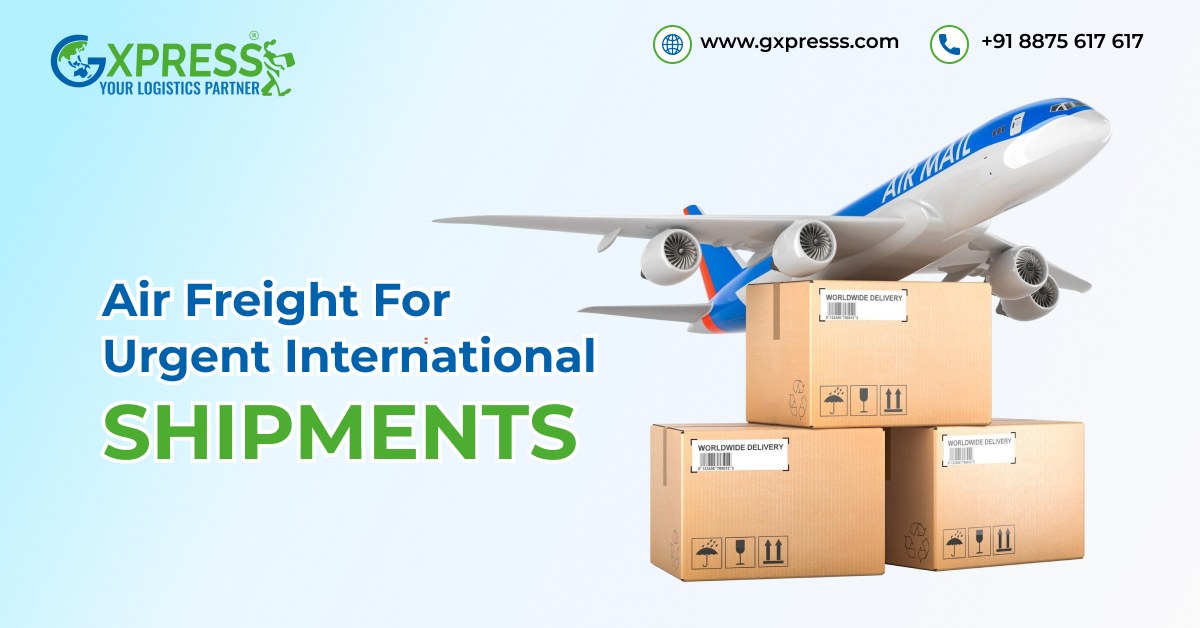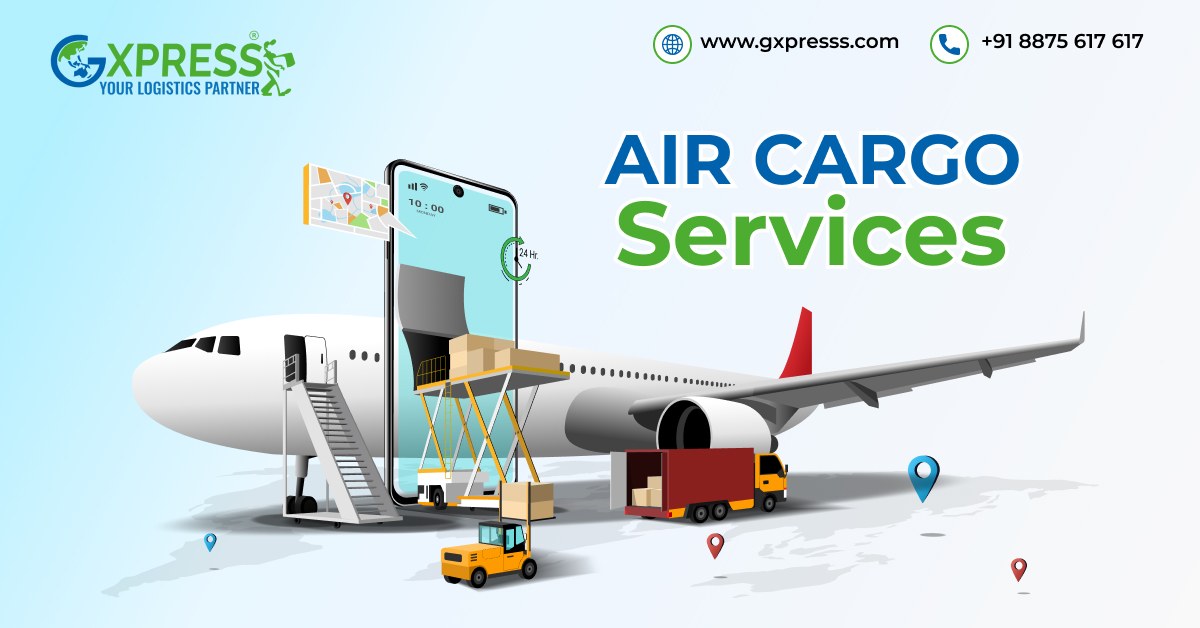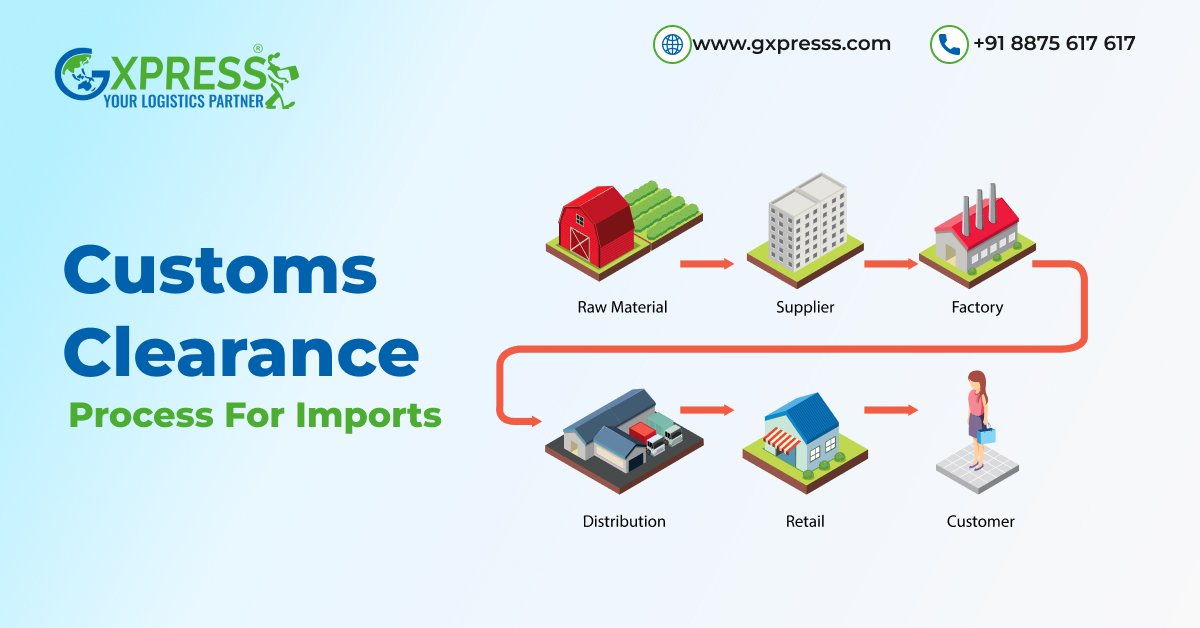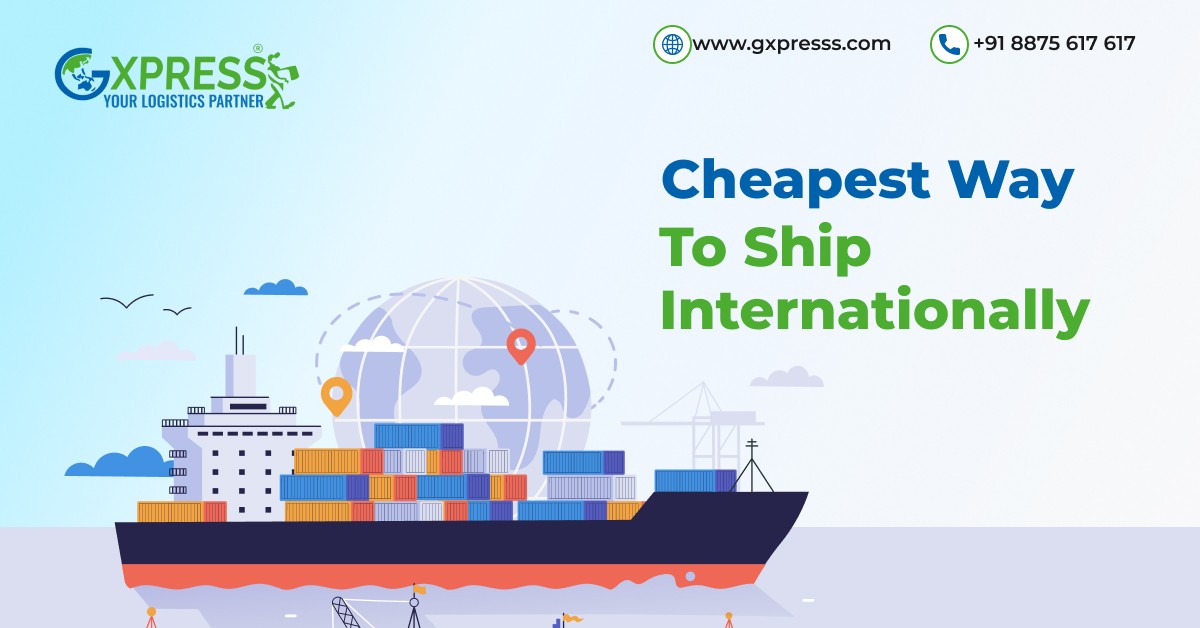August 11, 2025Freight8 min readBy Admin
5 Benefits of Air Freight for Urgent International Shipments

Air freight is the most handy tool for emergency shipments. Suppose a clothing shop in Europe is about to show its new fall collection. Shelves are set, ads are out, and buyers can't wait. But, there's a snag: fine leather bags, made in India, are not here yet. They can't wait for weeks for a ship. This is where air freight steps in, like a quiet hero, making sure sales don't just go on, they boom.
Be it key health gear, costly tech, or just keeping up with market needs, air freight is now a quiet star in world trade. Let’s delve deeper to see why.

Air Freight Meaning
So, what exactly is air freight? In simple terms, it’s the transportation of goods via aircraft — be it commercial passenger flights that allot space for cargo or dedicated cargo planes designed solely to carry freight. Unlike ocean or road transport, air freight is built for speed. When time means cash and you can't risk being late, picking air freight is key. It's more than just "quick shipping." Air freight links a whole set of work, like planning the way, going through customs, keeping things safe, and other steps. All this is done to make sure your stuff goes a lot of miles safely and gets right where and when it should.What are the Air Freight Charges?
Let’s be honest, air freight isn’t cheap. It’s often the most expensive mode of transporting goods internationally. But that’s the price of urgency. Here's a look:- Billable weight: In air moving, you pay for what weighs more, the box's real weight (kg) or its size weight (space it takes up). To find the size weight, take its length x width x height (cm) and divide by a fixed number (often 6000).
- Fuel adds: Planes tack these on based on world fuel prices.
- Safety & check costs: To meet world safety rules.
- End fees & work fees: For lift/load, store, and work on customs papers.
- High-cost electronics (laptops, microchips)
- Fancy items (designer clothes, watches)
- Drugs & medical tools
- Quick-spoiling food (rare fruits, seafood)
- Urgent documents & prototypes
How Air Freight Services Work: Step-by-Step Process
Moving stuff by air may seem like magic from afar, but it's really a well-oiled plan. Let's dig into it:- Booking the shipment
- Getting the cargo ready & packed
- Customs documentation & clearance
- Transportation to the airport
- Airline handling & loading
- Arrival & import customs
- Final delivery

Benefits of Air Cargo Services
So why should you consider air freight for your urgent international shipments? Here are five compelling reasons.1. Unmatched Speed
Air freight is, without question, the fastest method to move goods internationally. What could take a ship 30 days to cross from Asia to Europe, an aircraft does in less than two. For companies racing against launch dates or seasonal windows, this is priceless. Take that European boutique we talked about. Without air freight, their launch would have flopped, shelves would have stayed empty, and loyal customers would have turned away disappointed.2. Reliable Scheduling
Planes stick to tight times. Just like air cargo, they can fly on set days of each week. You can trust that your items will head out on time and will arrive as planned. Even if there are hold-ups, they last just for a few hours, not whole days. This sure thing helps firms get their stock, making, and selling sorted with much more care.3. Global Reach
Planes reach all parts of the Earth. You can send health gear to a tiny far land or car parts to a tucked-away spot in Africa by air. This easy way opens doors wide for firms. This big range lets new firms work as easily in far spots as near ones. A startup in Bengaluru can serve a boutique in Barcelona just as seamlessly as it can a store in Delhi.4. Superior Security
Airports keep a sharp watch. Items are looked after by trained folks, and stay in secure spots. This cuts down on theft and breakage a lot. For items like drugs that need to stay cold, airlines have special cool hold ways, making sure your items stay just as they were when sent.5. Lower Inventory Holding Costs
When you can restock quickly, you don’t need to tie up capital in massive inventory. This helps a lot for firms with costly or time-based goods. You can send out small loads more often, bettering cash flow and dropping the costs of keeping too much stock.Advantages of Choosing the Right Air Cargo Freight Forwarder
Here’s why choosing wisely matters:- Documentation expertise
- Consolidation & cost optimization
- End-to-end visibility
- Problem-solving under pressure
Conclusion
Whether it's getting avocados from Mexico to stores, rushing life-saving machines to a far hospital, or sending out a new tech item before the holiday rush, air freight is the force that makes world trade quick and ready. Yes, it costs a lot. But for rush jobs across nations, that cost brings something you can't put a price on: speed, trust, and the calm of knowing your key goods will get there safe and on time. Next time your work is up against time and far to go, think of the soft roar of plane engines above. It’s not just goods flying high; it’s your brand's vow, client trust, and path to more, all flying high in the sky.Frequently Asked Questions
Q1. What are the benefits of air freight?
Air freight is fast, keeps to a set time well, can reach all parts of the world, is safe, and means you don't need a big stock.Q2. What is the primary advantage of air transport in international trade?
Speed. Air travel cuts down the time needed for delivery across big lands, helping companies meet deadlines, get new items out quicker, and shift fast with what the market wants.Q3. What are some benefits of using an aircraft to transport cargo?
It moves goods quickly, cuts down on the risk of theft or harm because airports are safe, and reaches all parts of the world.Q4. What is the benefit of air cargo in terms of inventory cost?
As goods can be filled up fast, firms don't need to lock money in big stocks. This brings down the money spent on keeping goods and makes cash flow better by keeping stock small.Q5. What are the 5 disadvantages of air transport?
1) It costs more. 2) Can't take very big or heavy things. 3) Bad weather can cause hold-ups. 4) strict rules/document adherence. 5) Not great for very big amounts or low-value goods because of high costs per kg.Q6. Why is air transportation better?
When time is key, air travel stands out. It lowers the time on the way, keeps goods in good shape (good for items that can spoil or need careful handling), and helps firms keep their word to customers, often changing tight time limits from a problem to a chance.Share this article:



